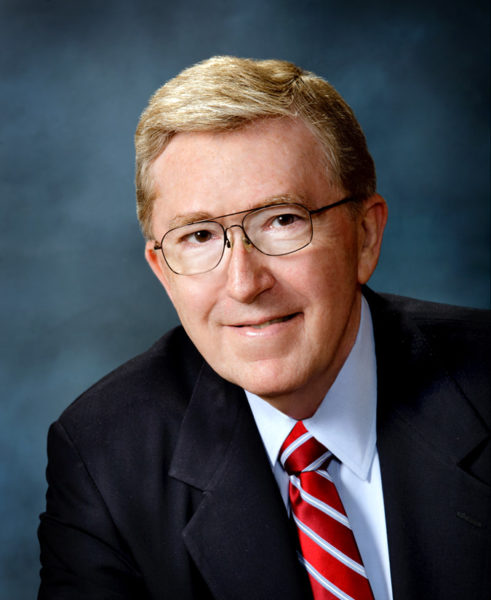Micron Technology Inc., based in Boise, Idaho, plans to invest $100 billion in a semiconductor-manufacturing campus in a suburb of Syracuse, New York. Once fully built this campus will employ 9,000 workers and possibly support 41,000 jobs for contractors and suppliers, Yet the highly skilled engineers and technicians needed for advanced chip manufacturing are in short supply across the United States. What steps are they and local community leaders taking for solving these critical talent shortages?
Micron is seeking to develop a regional talent-creation pipeline through partnerships with K-12 schools and local colleges and universities. It is providing $10 million to local K-12 schools to bolster STEM education. Macron is cooperating with Onondaga Community College to develop a new degree program for chip technicians. Syracuse University is developing plans to greatly increase enrollments in its undergraduate and graduate engineering programs.
The extent of Macron’s education partnerships is particularly notable. Education is a continuum. Even before the educational setbacks caused by COVID-19 restrictions, it was clear that K-12 education in the United States has not been providing a significant proportion of our students with the educational foundations needed for their future development The challenge we now face is only about one-third of our high school graduates leave school with reading and math comprehension at the twelfth-grade level. These skill levels are needed for the successful completion of post-secondary certificates, apprenticeships, community college two-year degrees, or four-year degrees.
Cascading Challenges
It seems likely that Micron will be affected by other types of skilled worker shortages. Micron’s Syracuse area expansion plans were spurred by the federal incentives offered by the Chips Act that was signed by President Biden in August 2022. Other companies have announced plans to build semiconductor manufacturing facilities in Arizona, Texas, and Ohio. Chip manufacturing plants have highly exacting construction specifications requiring specialized training.
At the same time, growing international tensions and supply chain disruptions precipitated by the COVID pandemic are leading to the in-shoring of all types of manufacturing to the United States. Construction spending for manufacturing projects was the highest on record last year and is expected to remain elevated as there is a considerable backlog of nonresidential projects across the United States. A major reason for construction delays is worker skills shortages. In a recent survey conducted by the Associated General Contractors of America, 80 percent of the respondents reported difficulty in finding qualified workers.
Last year U.S. businesses lost $2 trillion in productivity and profit due to skills-jobs disconnects. We estimate that there are over 27 million skilled and semi-skilled Americans who are not participating in today’s labor force. If their skills were updated through entry-level training, the impact on U.S. productivity would be substantial due to the magnitude of this hidden population.
By 2030 Korn Ferry predicts that up to 90 million jobs worldwide could go unfilled. This could cost employers $8.5 trillion in profits. To meet the steeply escalating skill demands of the Fourth Industrial Revolution, more regions across the United States must develop a comprehensive approach to workforce development for a wide range of occupations in which employers and educational institutions cooperate in education and training programs that keep pace with technological advances.
About the Author:
Edward E. Gordon is the founder and president of Imperial Consulting Corporation in Chicago. His firm’s clients have included companies of all sizes from small businesses to Fortune 500 corporations, U.S. government agencies, state governments, and professional/trade associations. He taught in higher education for 20 years and is the author of numerous books and articles. More information on his background can be found at www.imperialcorp.com. As a professional speaker, he is available to provide customized presentations on contemporary workforce issues.











